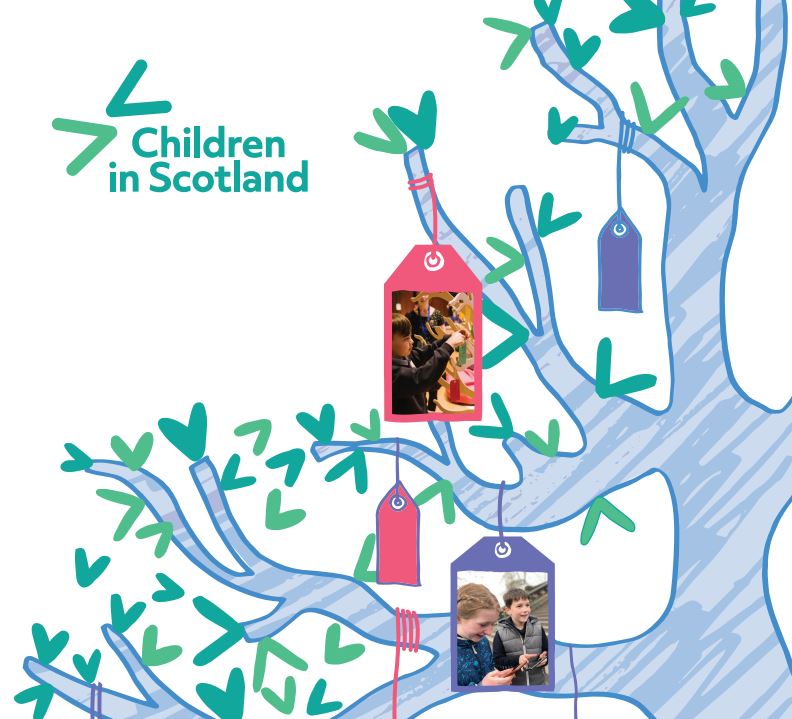Ensuring no child is too hungry to learn
21 Sep 2021
The Scottish Government’s pledge to provide universal, free school breakfasts to all children in primary and special schools is welcome. But to truly tackle child hunger and reduce the attainment gap, breakfast provision must be both evidence-based and hunger-focussed, argues Lorraine Kelly, Policy Officer (Scotland) for the UK charity Magic Breakfast
Communities, third sector organisations and politicians across Scotland have been working for years to ensure children at risk of hunger receive a meal in their place of learning. Indeed, in August the most extensive policy yet came into force, with every child in primary one to four at a local council school now able to receive free school lunches during term-time.
One crucial meal that has often been overlooked however is breakfast. Yet research shows breakfast is incredibly important for children, from positively impacting their ability to learn, concentrate and focus, to improving their mental and physical health. Research funded by the Education Endowment Foundation and carried out by the Institute for Fiscal Studies in 2016 found, for example, that providing Year 2 pupils (the equivalent of primary three pupils in Scotland) with a free, nutritious 'magic' breakfast boosted their reading, writing and maths by an average of two months’ progress per year, compared to pupils in schools with no such breakfast provision.
Our internal research supports this At Magic Breakfast, we work with 36 primary, secondary and special schools across Scotland (and around 1,000 in England) to ensure no child begins the day too hungry to learn by offering free, nutritious breakfasts to thousands of schoolchildren every school day. Of those Scottish schools we support who responded to our summer survey this year, 84% reported that free healthy breakfast provision is positively impacting educational attainment; 96% reported breakfasts were positively impacting concentration, alertness and readiness to learn in class; and 88% reported breakfasts were positively impacting physical health and wellbeing.
The benefits don’t stop there. As well as being a being a powerful educational intervention, ensuring no child is too hungry to learn also makes good economic sense. A collaborative study between Probono Economics, Heinz and Magic Breakfast earlier this year found that providing disadvantaged pupils ages six to seven in primary three with just one year’s supply of school breakfast provision could generate long-term economic benefits in excess of £9,000 per child. With an estimated 22,103 pupils aged between six and seven in primary three at schools with high levels of disadvantage, this would amount to a staggering £200million in benefits across Scotland. And this is just for one year group.
Magic Breakfast is therefore thrilled that the Scottish Government has committed to implementing universal, free school breakfasts to all children in primary and special schools in Scotland. We are further heartened by the government’s pledge to roll out an exploratory pilot project to examine how best to reach children in secondary schools with breakfasts.
However, these bold commitments are just the first step. To be truly effective in tackling child hunger and reducing the attainment gap, universal breakfast provision must be both evidence-based and hunger-focussed. Implementation cannot assume a one-size-fits-all approach, where all children are assumed to be arriving at school in the same way, or from similar family circumstances and backgrounds. Instead, it requires an implementation model that ensures reaching children at risk of hunger is the key focus, in a way that prioritises overcoming barriers or stigma.
For example, breakfast clubs alone will not be enough to tackle morning hunger, as we know that children at risk of hunger are the most likely to arrive to school late, after the bell rings. Nor can approaches taken be the same in every school, as factors such as building layout and methods of transport vary greatly and can act as significant barriers to uptake. Implementation must instead be flexible, school-specific, informed by evidence and guided both by youth experience and school staff.
We all know that child hunger in Scotland has increased significantly over the past 18 months because of Covid, resulting in an enormous increase in the number of children registering for free school meals and accessing foodbanks.
This roll-out therefore comes at a critical time, and getting it right is essential.
Magic Breakfast is a member of Children in Scotland. It is a registered charity aiming to end hunger as a barrier to education in UK schools through the provision of healthy breakfasts to children living with food insecurity.
Click here for more information about their work
Click here to find out about Children in Scotland’s 2015-2020 partnership project Food, Families, Futures which addressed food insecurity and its link to wellbeing and education.

About the author
Lorraine Kelly is a Policy Officer for Magic Breakfast, working to end hunger as a barrier to education
Click here for more
Take our route to learning online
We're offering a full programme of webinars to cover all your training needs
Click here to browse
The Learning Guide
From commissioned training to our online hub, read the guide on learning opportunities across the sector
Click here to read
Hope in hard times
Our 2021-26 Manifesto is backed by organisations from across the children's sector
Click here for more
Participation guidelines
Our refreshed publication can help children's voices to be at the heart of participation work
Click here for more